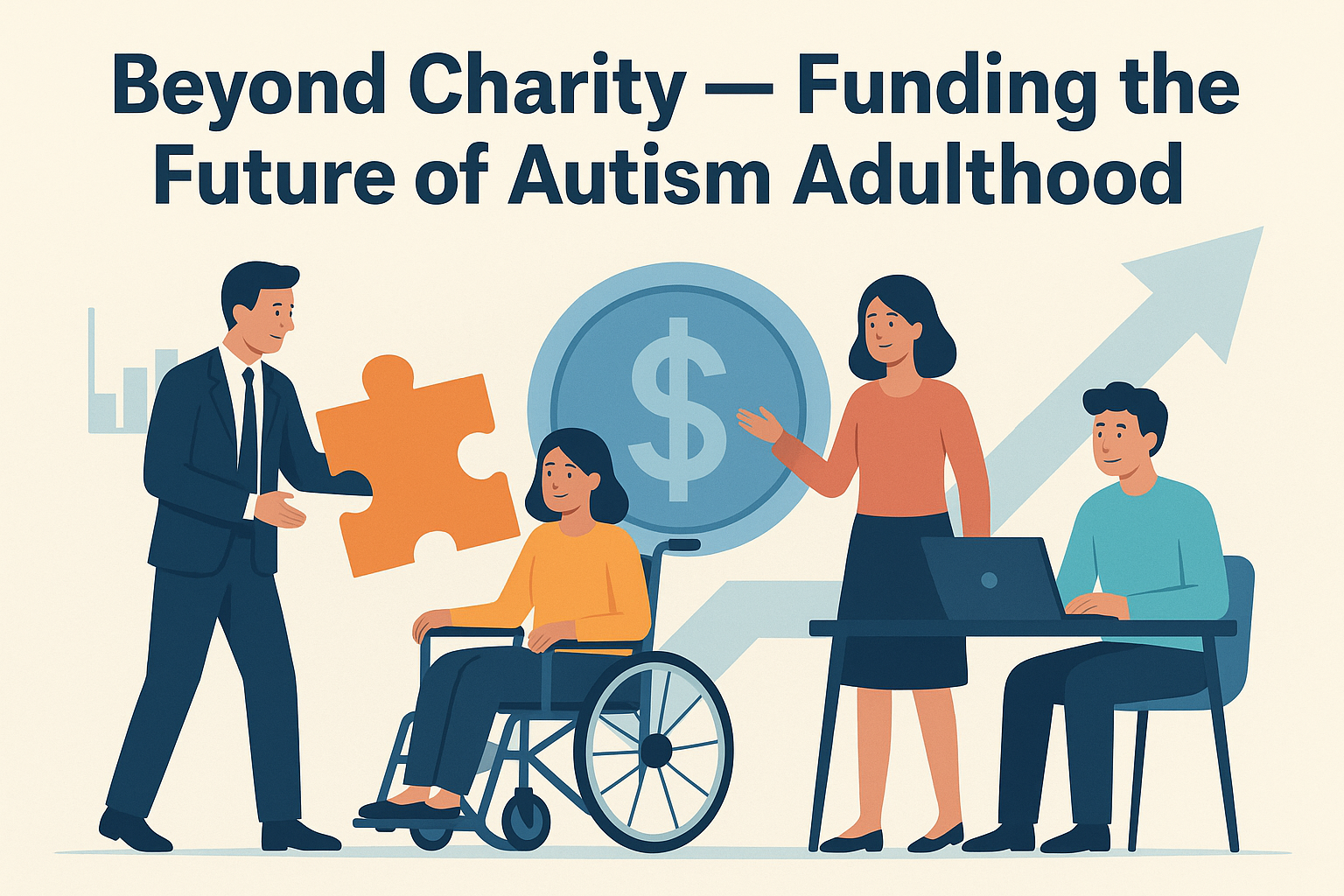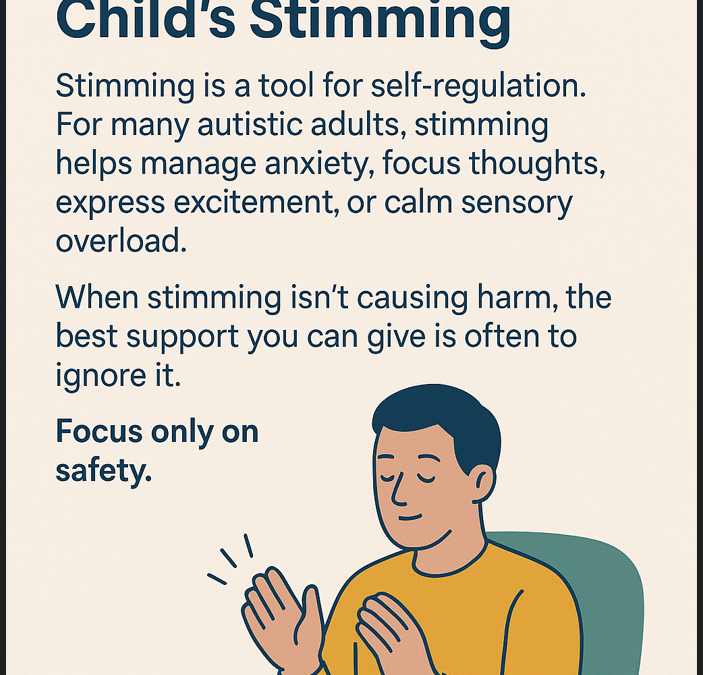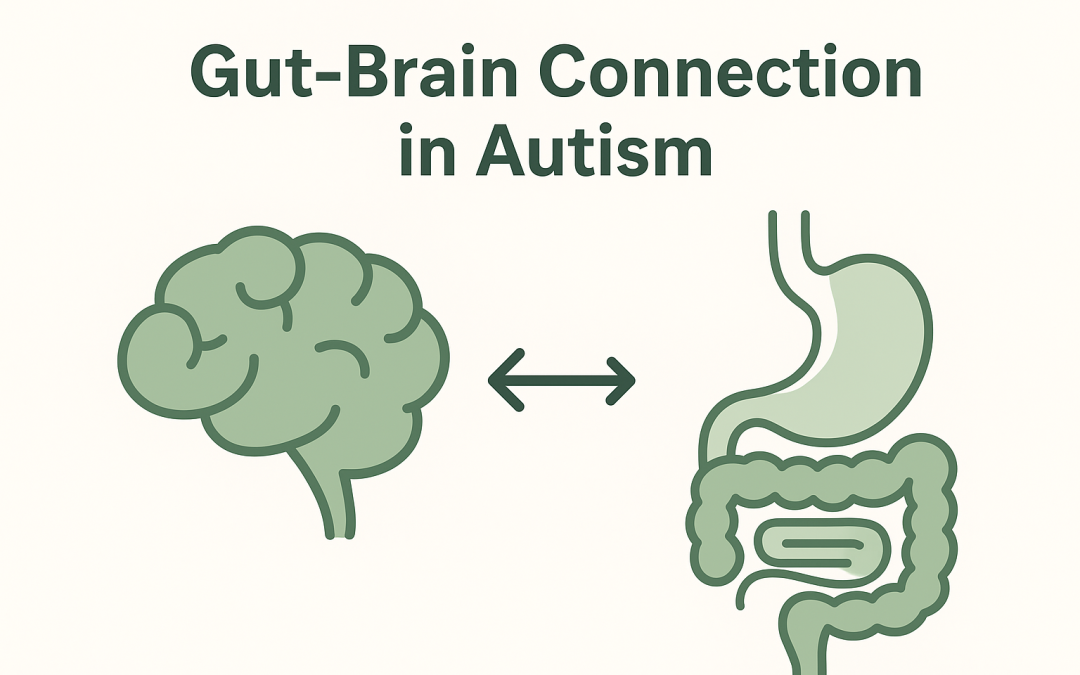For decades, autism support has been viewed through a charitable lens…helping those “in need.” While compassion remains essential, the future of autism adulthood demands a new mindset: investment. With more than 5.4 million adults on the spectrum in the U.S., the challenge is no longer awareness, but opportunity. When funders see autism programs as impact investments rather than handouts, they fuel innovation, workforce participation, and long-term community gain.
Adults with autism represent one of the most underutilized talent pools in the country. Many possess advanced skills in technology, pattern recognition, and creative problem-solving, yet only a fraction are employed. The barrier is not ability, but infrastructure. Programs that blend job training, social skill development, and employer partnerships yield measurable returns. Every dollar invested in meaningful employment reduces lifelong dependency costs and builds sustainable independence.
The most forward-thinking funders are already shifting from “care” to “capacity.” They’re backing social enterprises, neurodiverse workforce initiatives, and data-driven housing models that scale. This kind of philanthropy doesn’t just fill gaps; it reshapes systems. A well-placed grant or impact investment can create replicable models that benefit both individuals and economies.
The future of autism adulthood depends on funders who think beyond charity, who recognize that empowerment is the greatest return on investment. Supporting innovation today ensures that tomorrow’s adults on the spectrum will not just survive, but lead, contribute, and redefine what inclusion truly means.




